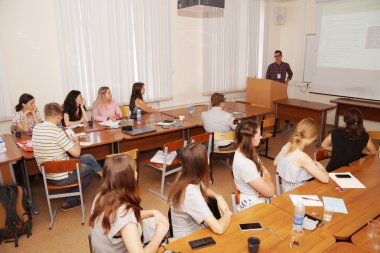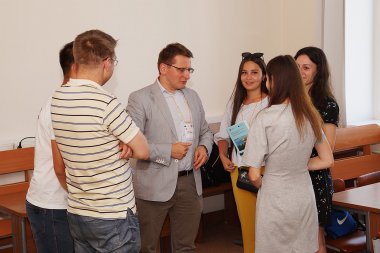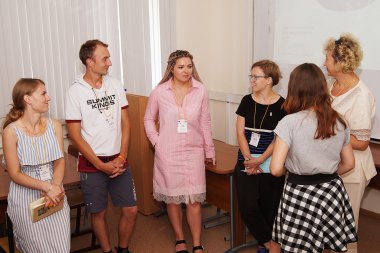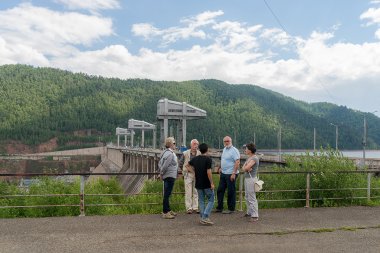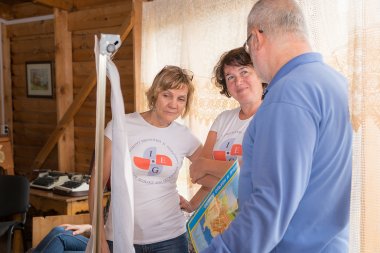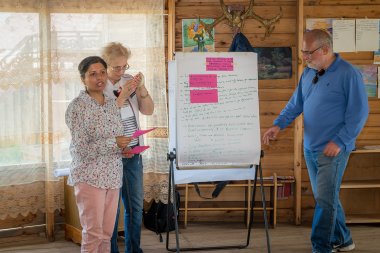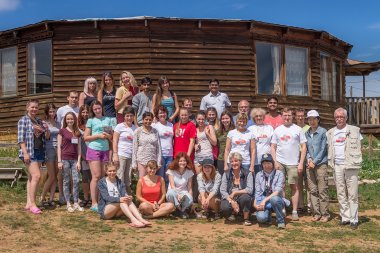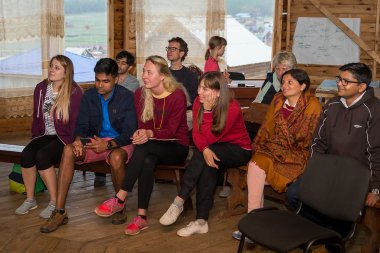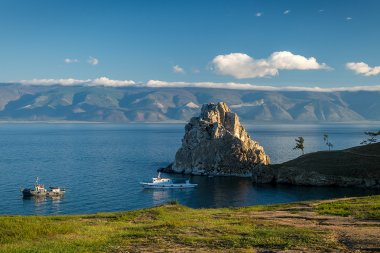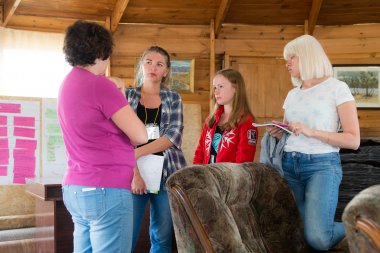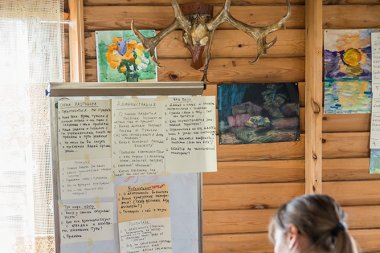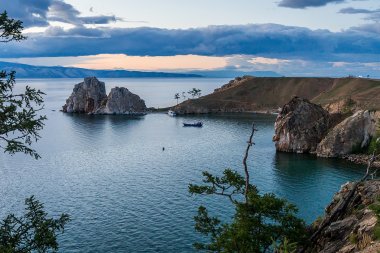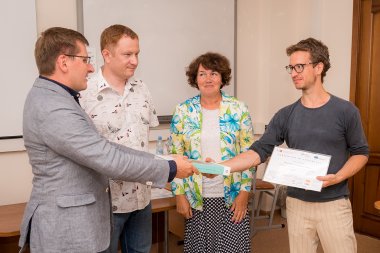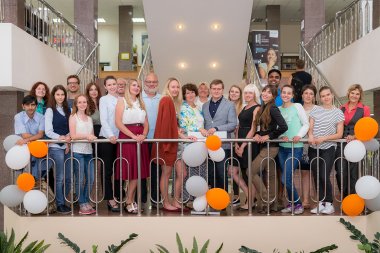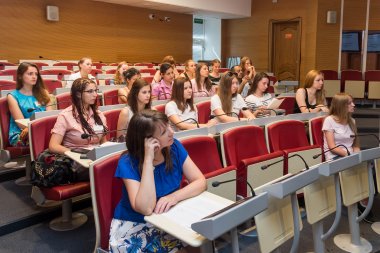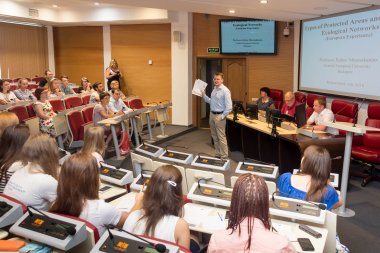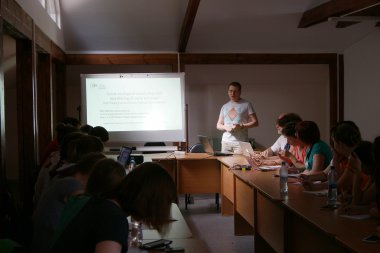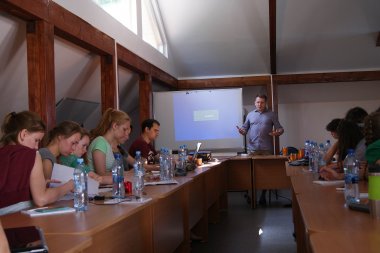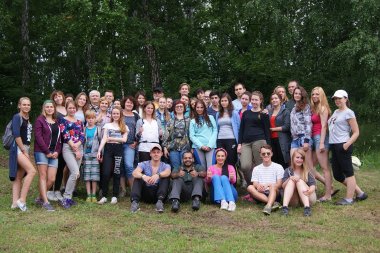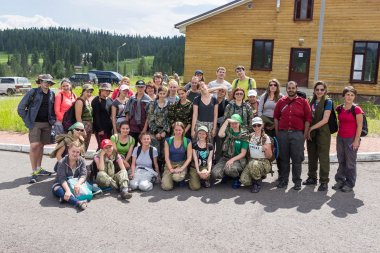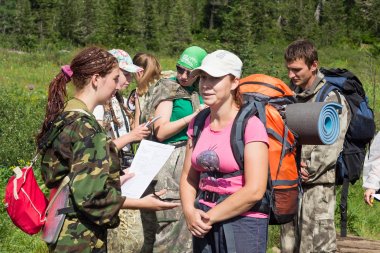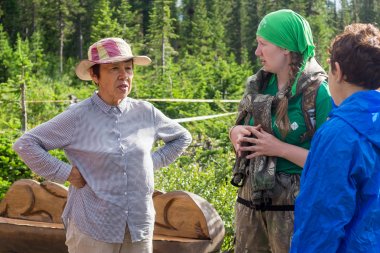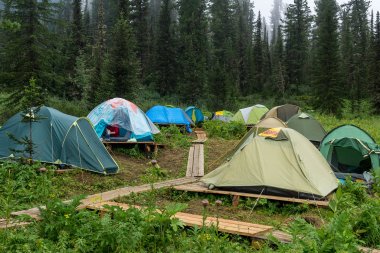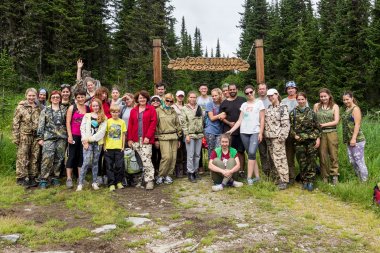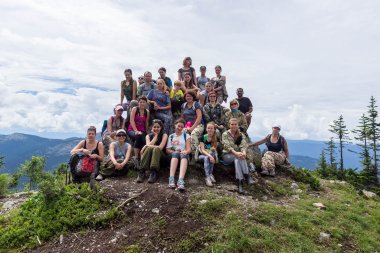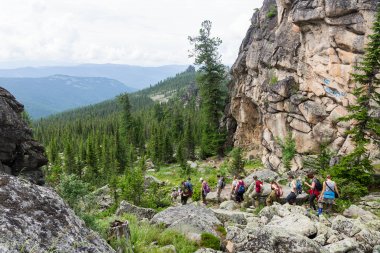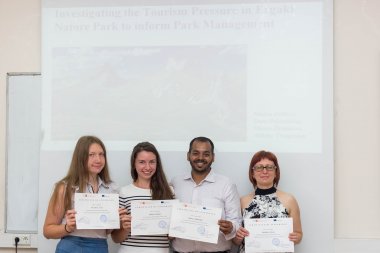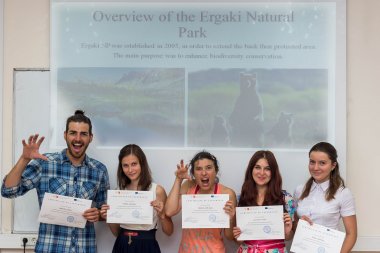Siberian Federal University (Krasnoyarsk, Russia), with the support from the Erasmus+ Jean-Monnet program of the European Union, is organising the international summer school “Monitoring and early warnings in mountain social-ecological systems” in July 15–29, 2018. The school will be the second in the series of summer schools to be organised from 2016 to 2018 under the Jean-Monnet project “Systems for monitoring and responses to early warnings — EU experience for Russia”.
Location of the School
The Summer School is organised by Siberian Federal University and Gorno-Altaisk State University. The school designed as a research training exercise will be held in Siberian Federal University in Krasnoyarsk at case study location of National Nature Reserve Krasnoyarsk “Stolby” and at two case study locations of Katunskiy Biosphere Reserve set by Gorno-Altaisk State University in Altai Mountains.
The application deadline is April 10, 2018; May, 20, 2018 for the applicants not requiring a Russian visa.
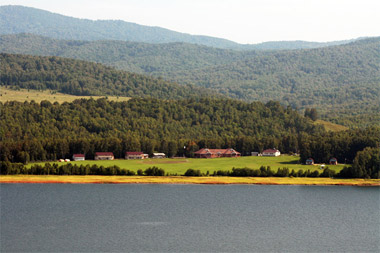
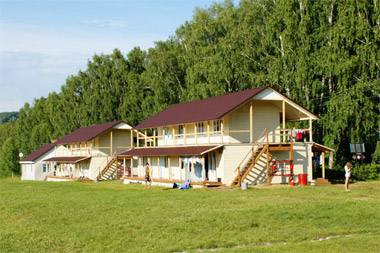
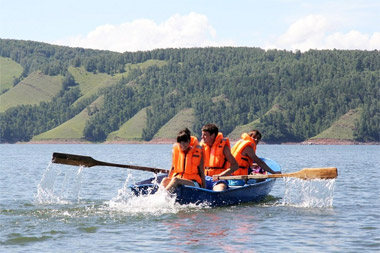

The goal of the Summer School is to support sustainable governance of mountainous socio-ecological systems in Southern Siberia and beyond through the promotion of European expertise in problem framing and development of sustainable solutions for high mountains under the ever increasing pressure from tourism, recreation, urbanisation as well as global environmental change, such as climate change and large-scale environmental pollution. We put emphasis on knowledge co-production exercises involving researchers and representatives of relevant stakeholders. More specifically, the School aims to:
- build knowledge on the principles of the development of ecological and institutional monitoring (including citizen science) through the analysis of the EU experience and its relevance in Russian context, and apply technological and policy innovations in Siberia;
- build understanding on how are science-policy interfaces in governance of mountain ecosystems designed and how they work; build awareness of EU institutions regulating mountain social-ecological systems and their relevance in other national contexts based on comparisons of EU and Siberian experiences;
- develop understanding of sustainable development goals (SDGs) and sustainability indicators for mountain social-ecological ecosystems, including vulnerability indicators, and their social aspects;
- create the awareness of the concept of early warnings as applied to mountain ecosystems, and of the concept of the precautionary principle and its applications in the EU and elsewhere;
- develop innovative solutions and implementation plan to tackle specific, real-life local challenges (Cases) in co-production process with relevant stakeholders; and, ultimately
- create a cross-border praxis-academia community involved to the governance mountainous socio-ecological systems across Eurasia.
- Application deadline — April 10, 2018
- Arrivals to Krasnoyarsk — July 15, 2018
- International Summer School 2018 (educational program) — July 16-29, 2018
- Departures from Krasnoyarsk — July 29-30, 2018
| Application deadline: | April 10, 2018 |
|---|---|
| Duration: | 2 weeks (3 ECTS) |
| Arrivals to Krasnoyarsk: | July 15, 2018 |
| International Summer School 2017 (educational program): | July 16-29, 2018 |
| Departures from Krasnoyarsk: | July 29-30, 2018 |
| Language: | English |
| Participation fee: | There is no fee to apply to the School. Students are charged by two-tiered participation fee that covers housing, food, local transportation and excursion costs and divided on two parts:
Participation fee does not include return train tickets to Gorno-Altaisk (5000-12000RUR) and shall be paid upon arrival to the Summer School Steering Committee in local currency in accordance with the current exchange rate. |
| Entry requirements: | The School target audience are senior master’s and PhD students, junior researchers and faculty, as well as civil servants, environmental activists and anyone interested in the management and governance of mountain systems, EU studies, and governance of natural resources in general. |
| Additional information: | Invitation letter for a Russian study visa is provided by the University |

 Сибирский федеральный университет
Сибирский федеральный университет 
